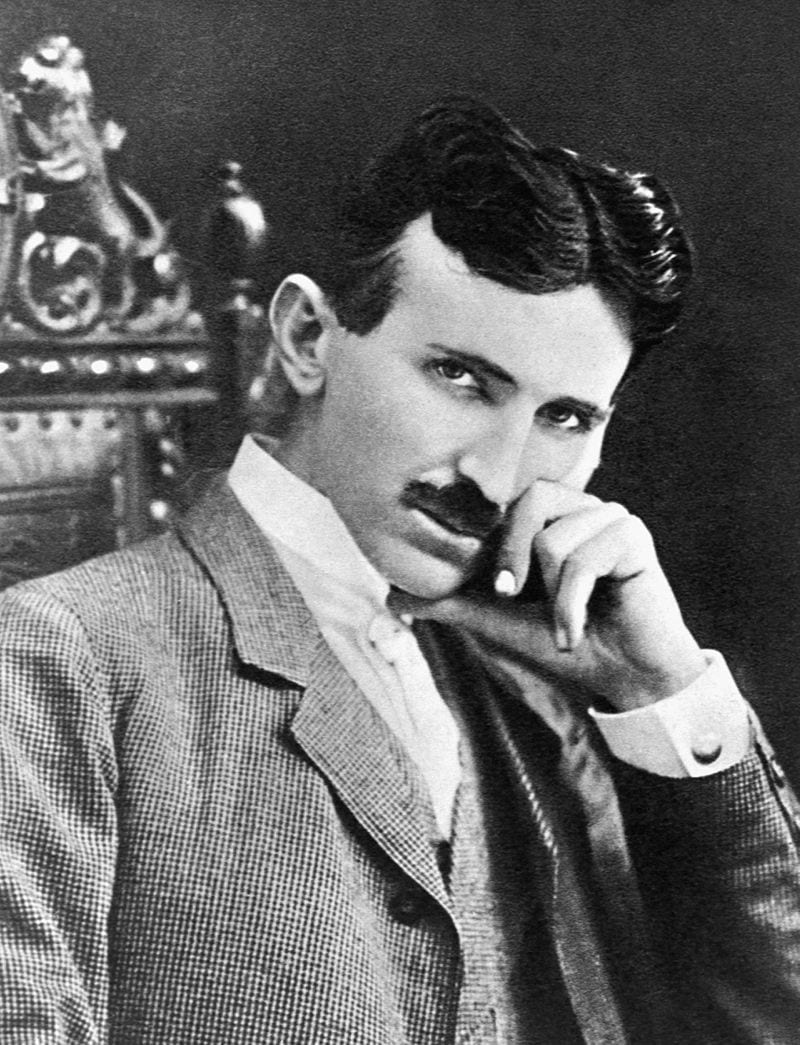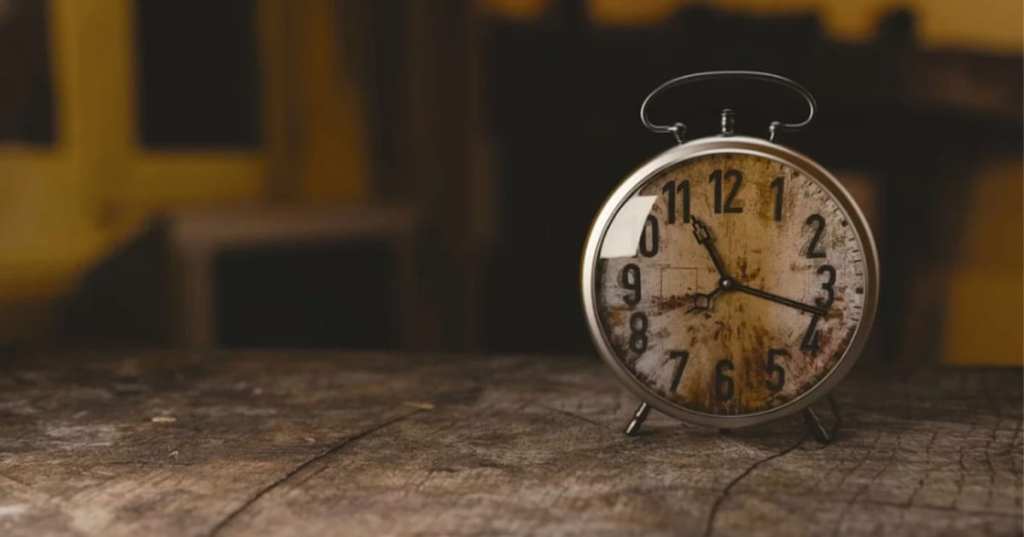Trending Now
Most of us look forward to being able to get several solid hours of sack time (or fantasize about it, if you have little kids and realize it’s just not going to happen). If you’re someone who has more ideas than hours in the day (or years in your life), though, sleep can start to seem like one big, frustrating waste of time.
If you’re as big a Seinfeld fan as I am, here is where you start to realize you’ve heard about this Uberman Sleep Cycle before, and recall that in practice, it didn’t work so well for Kramer.
It seems counterintuitive that sleeping less could lead to more and better ideas. Sleep deprivation is linked to many not-so-great side effects like eating too much, leaving you as impaired as alcohol, deadening your ability to learn, and withering your brain.
That said, the science behind naps is also solid. People who lived in the pre-Industrial age seemed particularly attuned to that fact. They used to sleep in segments, twice a day, known as a biphasic sleep cycle.
https://www.instagram.com/p/B5UVAxNHSNV/
Thinkers Nikola Tesla and Leonardo da Vinci, though, took things one step further with a polyphasic sleep cycle (sleeping more than three times a day), known as the Uberman.
Basically, they would take several shorter naps, around 20 minutes in length, throughout the day. They don’t have to be equal distances apart, and both da Vinci and Tesla adapted the practice for their own needs.
Da Vinci (who Kramer attempted to copy), famously slept fifteen minutes every four hours, meaning that for every 24 hour period, he slept only around an hour and a half. The schedule gained him six extra productive hours a day, and 20 extra years of productivity during his lifetime.

Image Credit: Wikimedia Commons
And Tesla, he allegedly never slept more than two hours out of every 24, a practice that professors warned were killing him, and some speculate led to his mental breakdown at the age of 25.
As for whether or not any of this might actually have contributed to their genius, a 1989 study published in Work & Stress found that polyphasic sleep strategies do improve prolonged sustained performance – but given how things can turn out in reality, you won’t want to take it to these sorts of extremes.
If you do decide to give this a go in some way, shape, or form, please report back – I’m dying to know if you, too, end up in the Hudson River in a sack.
And you know, even if it’s not that dramatic, we still want to hear about it.






